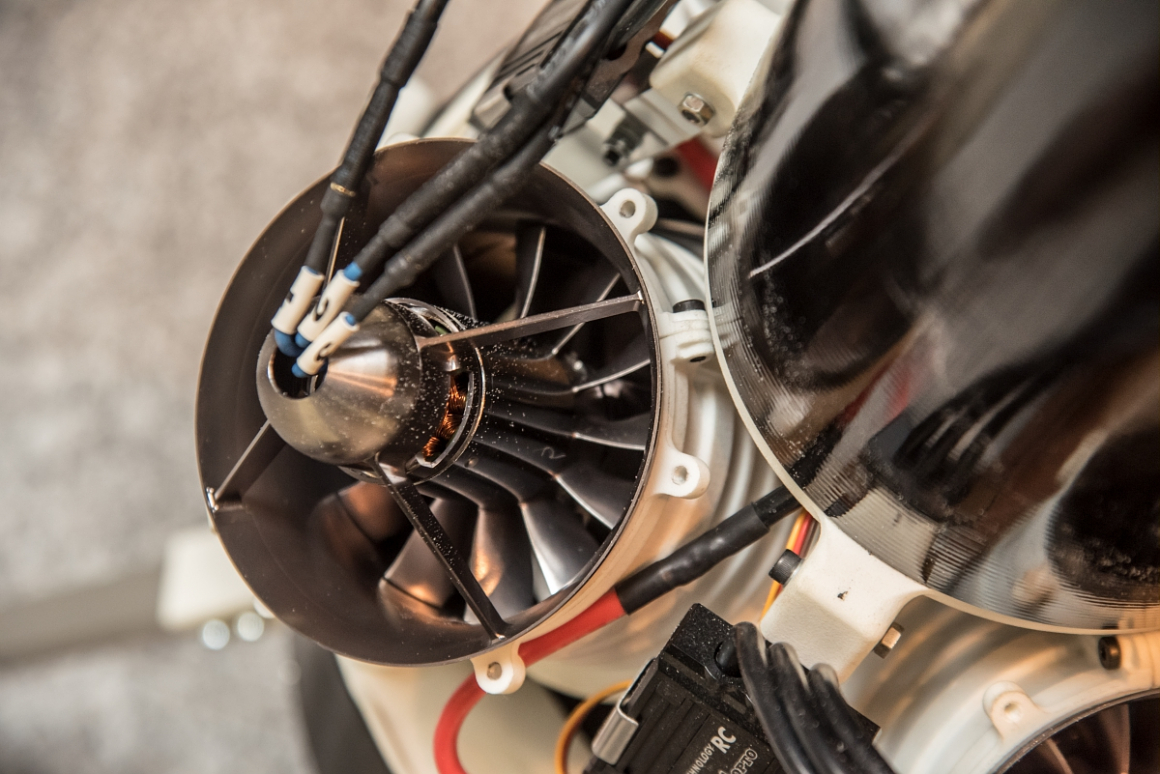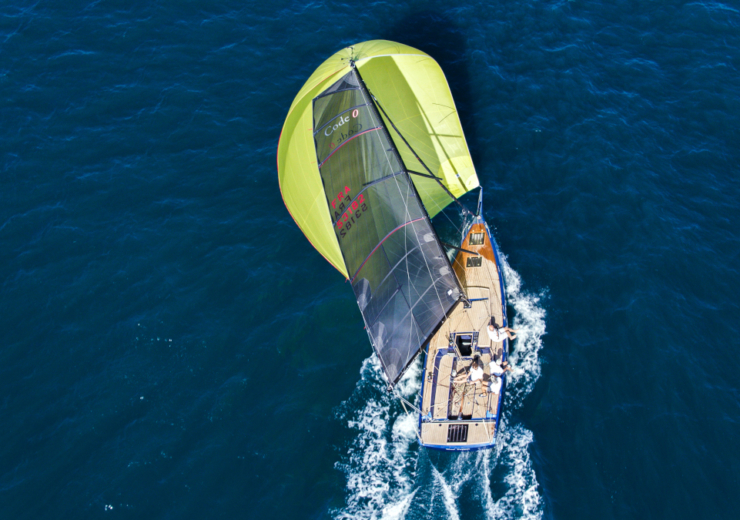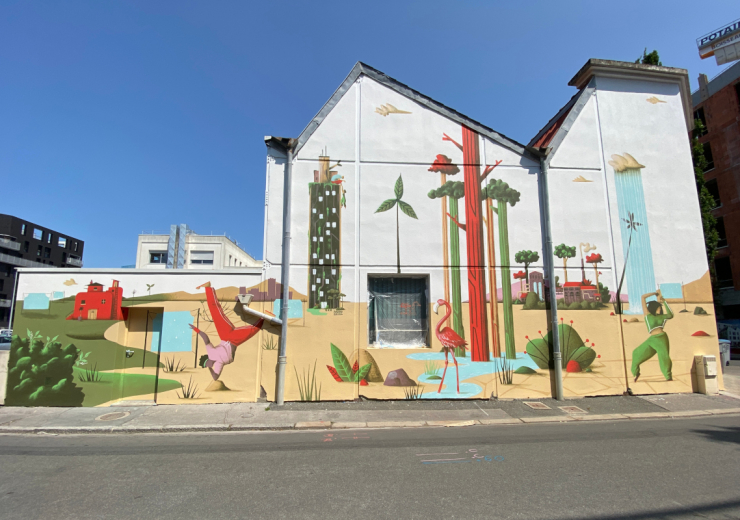The Perseus project aims to develop innovative technical solutions for the space industry with students. The Arts et Métiers campus in Angers, Atlantic France, led an experiment using composite bio-based materials to build rocket parts. An innovation awarded by the French National Center for Space Studies (CNES).
Sometimes, the solutions for the future have to be found in the past! This is the case for flax fiber, used for thousands of years and which could become very useful for the space industry of tomorrow.
In Atlantic France, composites are a priority in the field of industrial research. For its first participation in the project Perseus (European University and Scientific Space Research Student Project), the Arts et Métiers campus in Angers investigated how recyclable materials could be used in rocket construction.
A flax payload fairing for the Astreos rocket demonstrator
The students worked on the protective front part (the payload fairing) of a small experimental rocket developed by other students within the Perseus project. Named Astreos, this demonstrator first flew last year.
After exploring the potential of several natural materials, flax was chosen because France is one of the leading producers worldwide.
The innovative payload fairing thought up by the students in Angers is therefore made of a combination of flax fibers and thermoplastic which has the advantage of being recyclable.
An innovation award from the French National Center for Space Studies
The project led by the Arts et Métiers campus was awarded by the CNES, the French National Center for Space Studies, with a prize for innovation.
“There are still technological obstacles to overcome and a prototype to be created, but we are proud that our initiative received the CNES innovation award. This means that our work has convinced them and that we will continue this collaboration”, said the professor Laurent Guillaumat.
Indeed, other educational projects are planned to continue working on this theme, and a national convention between Arts et Métiers and the CNES is in progress.


 日本語
日本語  Français
Français 



